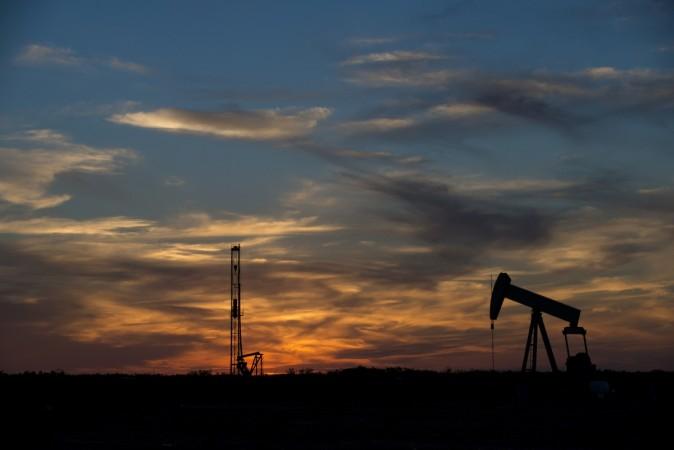
Oil prices fell early on Monday as Iran increased exports undermining efforts by other oil producers to curb a global fuel supply overhang and as U.S. drillers increased activity for a 10th week.
Brent crude futures LCOc1, the international benchmark for oil prices, were trading at $56.97 per barrel at 0019 GMT, down 13 cents from their last close.
U.S. West Texas Intermediate (WTI) crude oil futures CLc1 were trading at $53.79 per barrel, down 20 cents.
Traders said that the lower prices were a result of rising exports from Iran that come just as other members of the Organisation of the Petroleum Exporting Countries (OPEC) cut supplies in an effort to end a global glut.
Iran has sold more than 13 million barrels of oil held on tankers at sea, capitalising on an OPEC output cut deal from which it is exempted to regain market share and court new buyers, according to industry sources and data.
The amount of Iranian oil held at sea has dropped to 16.4 million barrels, from 29.6 million barrels at the beginning of October, according to Thomson Reuters Oil Flows data.
Before that sharp drop, the level had barely changed in 2016; it was 29.7 million barrels at the start of last year, the data showed.
Iran's surging tanker exports weren't the only indicator of plentiful supplies.
In the United States, U.S. energy companies last week added oil rigs for a tenth week in a row, extending the drilling recovery into an eighth month as crude prices remained at levels at which many U.S. drillers can operate profitably.
"The next leg up in prices probably won't occur until the traders see evidence that production levels are falling. In the meantime, rising U.S. drilling activity and output is likely to keep prices in check," ANZ bank said on Monday.
Drillers added four oil rigs in the week to Jan. 6, bringing the total count up to 529, the most since December 2015, energy services firm Baker Hughes Inc BHI.N said on Friday.
As a result of the increased drilling for new production, U.S. oil output C-OUT-T-EIA has risen by over 4 percent since its 2016 low to almost 8.8 million barrels per day, although production remains 8.74 percent below its 2015 peak.

















